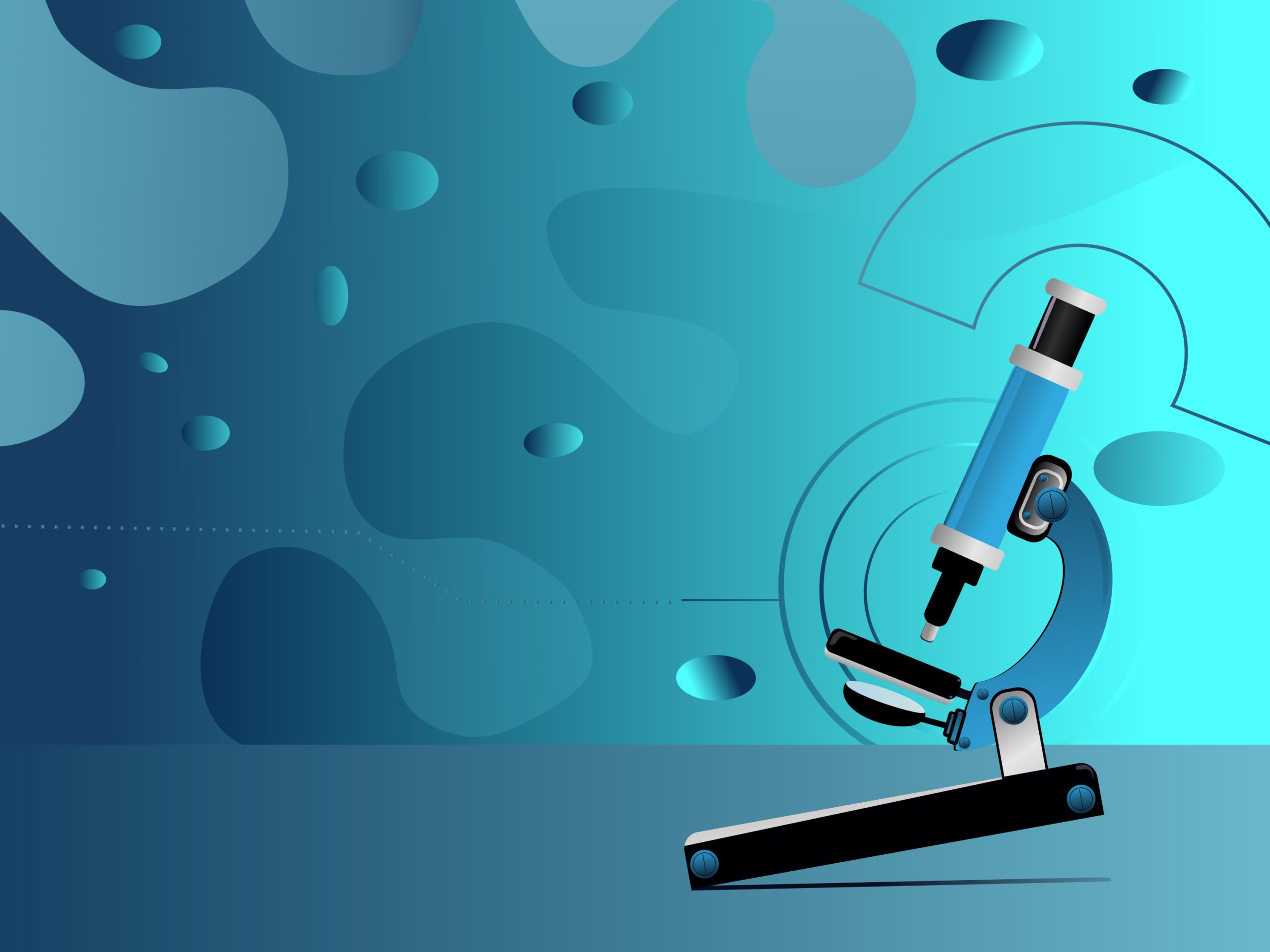Advancements in Infertility, Fertility Preservation and Fertility Technology 2023 and Beyond

Fertility technology has seen remarkable advancements in recent years, making it more accessible than ever before. Looking toward 2024, the landscape of fertility technology continues to evolve, with a focus on home solutions, personalization, and increased accessibility for all consumers. In this article INCIID discusses some of the pros and cons of these developments, shedding light on what’s new and exciting in the field of fertility technology.
Pros of Fertility Technology in 2023 and Beyond
One of the most significant developments in fertility technology is the proliferation of individual and at-home fertility testing and monitoring devices. These innovative solutions empower individuals and couples to take control of their reproductive health from the comfort of their own homes. These fertility kits often include ovulation prediction tests, sperm analysis kits, and even home-based in-vitro fertilization (IVF) options offered by such clinics as New Hope Fertility. The convenience and privacy of such tools reduces the need for frequent clinic visits and allows for discreet monitoring.
Personalization: In 2023, fertility technology has become more personalized than ever before. Advanced algorithms and artificial intelligence (AI) help analyze vast amounts of data to tailor fertility advice and treatment plans to individual needs. Personalized fertility apps and platforms take into account factors such as age, medical history, and lifestyle choices to provide tailored recommendations for optimizing fertility.
Enhanced Accessibility: The increased accessibility of fertility technology is a significant advantage. Telemedicine services have become more prevalent, allowing individuals to consult with fertility specialists remotely. Additionally, fertility financing options and insurance coverage have expanded, making fertility treatments more affordable for a broader range of people. These developments have democratized access to fertility care.
Exciting Innovations: 2023 has brought several exciting innovations in fertility technology, including:
-
- Artificial gametes: Scientists are making strides in creating artificial gametes (sperm and eggs) from stem cells, potentially providing hope for those with infertility due to genetic or medical issues.
- CRISPR gene editing: The use of CRISPR technology (short for “clustered regularly interspaced short palindromic repeats”) is a technology that research scientists use to selectively modify the DNA of living organisms. CRISPR was adapted for use in the laboratory from naturally occurring genome editing systems found in bacteria. in fertility treatments allows for the correction of certain genetic mutations in embryos, reducing the risk of hereditary diseases.
- 3D-printed ovaries: Researchers are experimenting with 3D-printed ovarian structures that could potentially replace damaged or non-functional ovaries, offering hope to women with fertility issues.
The Downside of Advances in Fertility Technology
Ethical Concerns: As fertility technology continues to advance, ethical concerns arise. The use of CRISPR gene editing raises questions about the potential for designer babies and the unintended consequences of altering genetic material. Balancing innovation with ethical considerations is an ongoing challenge.
Financial Burden: While fertility treatments have become more accessible, they can still be financially burdensome. Many advanced fertility technologies, such as artificial gametes and 3D-printed ovaries, are expensive and may not be covered by insurance. This can limit access for some individuals and couples and although it can be cost-effective, many insurance companies still don’t
Psychological Impact: The emotional and psychological toll of pregnancy loss, and infertility treatments remains a significant concern. Despite advancements in technology, not all treatments result in success, leading to emotional distress for many. The pressure to use advanced technologies may also exacerbate feelings of inadequacy and anxiety.
Data Privacy: Personalized fertility apps and platforms rely on extensive data collection, which can raise privacy concerns. The mishandling or unauthorized use of sensitive fertility data poses risks to individuals’ privacy and security.
Summary
Fertility technology in 2023 and Beyond made remarkable strides, with a focus on at-home solutions, personalization, and accessibility. These developments offer newfound convenience, hope, and options to individuals and couples striving to build their families. However, ethical considerations, financial burdens, psychological impacts, and data privacy concerns remind us that advancements in fertility technology must be carefully balanced with ethical, societal, and individual well-being. As we move forward, it is crucial to continue exploring new frontiers in fertility technology while addressing these challenges responsibly.
